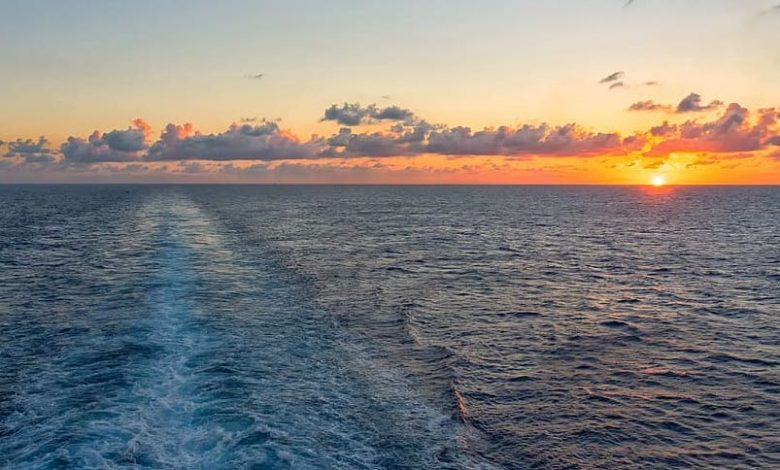Maritime CEO
HKSOA: Vocal on all fronts

Hong Kong: Never in the 13 years we have been passing by his office in Wan Chai has Arthur Bowring had anything less than a mountain on his desk. And so it is no surprise that there’s plenty of issues he’s keen to talk about when we pay a visit to the vocal managing director of the Hong Kong Shipowners Association (HKSOA). Ballast water, training schemes, the Maritime Labour Convention (MLC), pollution and the latest EU directives are among the hot topics up for discussion.
As of today there are now less than two weeks to the day the International Labour Organisation’s (ILO) MLC comes into being and Bowring admits there is some concern among his shipowner members.
“It is difficult to move from understanding how ILO conventions work as opposed to [International Maritime Organisation] ones,” Bowring says. A number of questions have been raised, he says, especially with how the convention has been written. Nevertheless, the industry has had seven years to prepare for this regulation and generally Bowring feels his members are ready. Bowring bemoans the usual frauds that turn up late on the scene when a regulation is impending offering training and information who often possess scant actual knowledge themselves.
Turning to other matters, Bowring has plenty of updates with what is happening in Hong Kong shipping’s drive to spearhead a greener footprint. The Fairwinds Charter, which was agreed in 2010 to cover 2011 and 2012, was a voluntary initiative led by some 13 shipowners to cut emissions in the Special Administrative Region. Since then discussions have taken place across the border with neighbouring Chinese cities while the local Hong Kong government has added an incentive scheme. The local parliament will also shortly debate further proposals whereby it is very likely ships calling Hong Kong will need to switch fuels come the beginning of 2015.
“Shenzhen is moving ahead too,” Bowring says of the neighbouring port city. “There is work going on for air pollution reduction schemes in the Pearl River Delta (PRD),” he says, “it could be fuel switching, it could be cold ironing, but we want it to be an emissions control area or ECA. We want to see regulation so that everyone has to comply – to restore a level playing field. We want it in the PRD too to level the playing field across the ports.”
Talking of ports Bowring dismisses talk of Hong Kong dropping down the ranks of container ports. This year neighbouring Shenzhen is likely to overhaul Hong Kong into third place in the world.
“Hong Kong is developing as a transhipment port, not a place for direct calls,” he says, arguing that Hong Kong’s competitor is arguably Kaohsiung in Taiwan, not Shenzhen.
Regardless of its port figures Maritime CEO notes that there does appear to be a renewed interest in maritime in Hong Kong from the local government, something that has been neglected for a decade.
Quite so, agrees Bowring. “There’s a better understanding by government as to maritime’s value and what needs to be done in terms of policy changes to restore its competitive edge. There is renewed interest for sure in maritime,” he concurs.
With a membership of 200-plus, the HKSOA is in good health, says Bowring. New members, he says, “might be a reflection of Hong Kong and the HKSOA being a comfort blanket in terms of bad times and lots of regulations coming in.”
With that Bowring needs to get back to work, the mountain of legislation he must view combined with a busy social HKSOA calendar means there’s little time to speak with journalists. Today, for instance, there’s an HKSOA shipmanagement-related seminar from classification society Germanischer Lloyd while the autumn schedule is especially busy. It’s time we left him to get back to work. [07/08/13]
